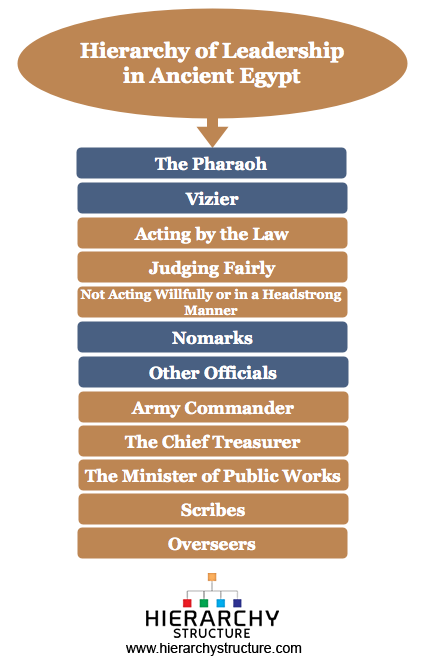In ancient Egyptian days, the land was run by some important and powerful officers who formed a certain political system or structure. It won’t be wrong to say that during those days, there was an efficient Ancient Egyptian Government which was ruled or headed by the Pharaoh. Beneath the pharaoh came the other officials who were responsible for seeing that everything ran smoothly and the city or country was peaceful.
To know more about the hierarchy of leadership in ancient Egypt, you can go through the following given information. The Pharaoh was the supreme leader not only of the government, but also of the religion. However, the Pharaoh couldn’t run the government all by himself, so he had a hierarchy of rulers and leaders below him who ran different political system or structure aspects of the government.
The Pharaoh
As mentioned above, the Pharaoh was the supreme leader and head of the government during ancient Egyptian days and headed the Egyptian religion as well. He gave orders, instructions and made sure there was someone looking after each section of governance. He worked with the help of the following given officers:
Vizier
The Vizier worked directly under the Pharaoh and was given the position of the Chief Overseer of the land. His responsibility was like that of the Prime Minister of current times and other officials or workers reported to him on various matters. The Vizier was responsible for:
1) Actingby the law
2) Judging fairly
3) Not acting willfully or in a headstrong manner.
Nomarks
The Nomarks were the local governors who were required to rule certain areas of land that were known as nomes. A Nome could be considered as a state or province. In most of the cases, Nomarks came into power by hereditary but sometimes they were appointed by the Pharaoh.
Other Officials
Some of the other officials who were recruited by the pharaoh and reported to him included:
- army commander
- the chief treasurer
- the minister of public works
Each of these officers had a different set of powers, responsibilities as well as area of jurisdiction but there decision was never the final since the Pharaoh was the final decision maker.
Some of the officers of the Pharaoh were overseers and scribes:
- Scribes-these individuals were crucial to the government system and were responsible for keeping record of the taxes, censes and finances of the land.
Overseers- these were those individuals who were responsible for keeping a record and track of the various farmers working on the lands and see to it that they were properly fulfilling their responsibilities.

